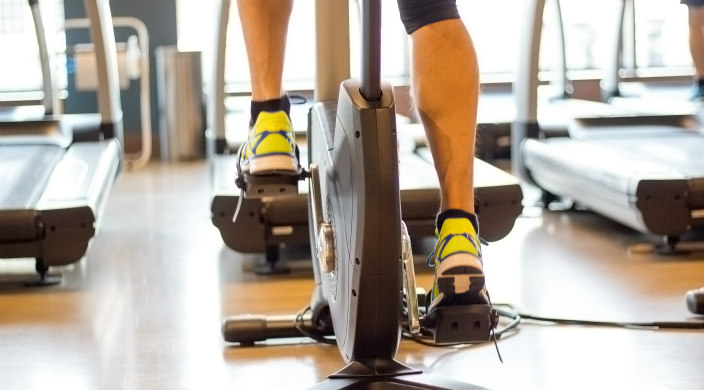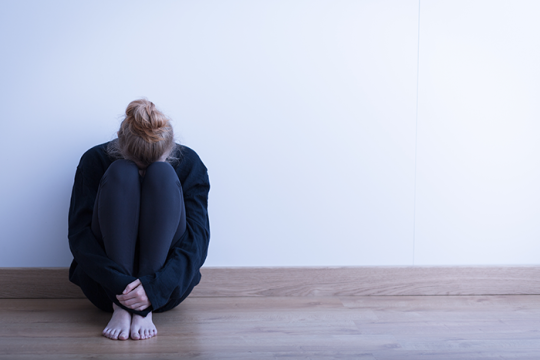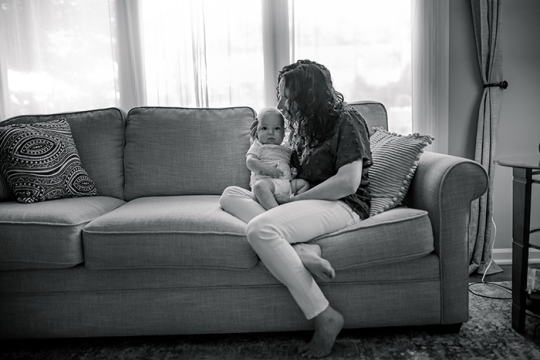
When I rolled into the gym this morning, I was hoping to get on my favorite recumbent bike. It allows me to do a good lower body work out without using my arms or putting any stress on my right shoulder, which is recovering from rotator cuff surgery.
No such luck.
Both of “my” bikes were taken.
The gym’s rules are prominently posted throughout: “30-minute limit on all machines when others are waiting.”
A young woman was toweling herself off on one of the bikes, so I asked her if she was finishing or just starting.
“Just starting,” she answered quickly, but I was dubious.
I checked the sign-up sheet to see if I could reserve one of the bikes for later.
No luck.
Both would be in use throughout the morning, so I climbed onto an empty treadmill and had a productive half-hour workout.
When I finished, the woman on the bike was still peddling away with no sign of slowing down, let alone stopping.
I contemplated telling her about the 30-minute rule, as if she could not read the signs, or giving her “The Look,” a fearsome stare, according to congregants, delivered when something distracts me during services. (I’ve been working to retire it, though, because no one likes being on its receiving end.)
I refrained from giving her “The Look” and instead said nothing before I walked past her with my eyes down. In the next room, I did a little jump rope work, an exercise OK’d by my physical therapist at this stage of my rehab.
A short while later, I left the gym, still fuming at not being able to bike. Nasty thoughts circled in my head: “How could that b&*%h be so inconsiderate. I would bet dollars to doughnuts she had already been on the bike a half hour before I got there. Of all the nerve!”
Then, I stopped in my tracks. A young man walking into the gym was being guided by his caretaker. He was blind and had braces on his legs. He also had a smile on his face.
I was so ashamed of myself I almost cried.
I had seen the young man before. His exercise routine consists primarily of being guided onto a treadmill and walking for a short while at about two miles per hour.
And there I was pouting because someone had overstayed her time on a machine I wanted to use.
In my work, I have seen countless people with debilitating handicaps focus on what they can do, not on what they cannot. Far too often and on this day, too, I come up short because of my own self-centeredness.
Each time, I am reminded of the now-famous sentiment attributed to various individuals: I cried because I had no shoes, then I met a man who had no feet.
Dear God, when will that lesson sink into my heart and my brain?!
One of my favorite prayers comes from the Havdalah service in the Reform Movement’s Shabbat Manual. Marking our leave taking from the joy and sanctity of Shabbat and the return to our day-to-day world, it reads: “Help me, O God, to distinguish between that which is real and enduring and that which is fleeting and vain!”
Petunia, or whatever your name is, I thought, “You can stay on that bike as long as you want. There are plenty of other things I can do.”
Related Posts

The Holy Act of Caring for our Bodies: The Importance of Breast Cancer Testing Early and Often

Navigating Infertility: Resources, Reflections, and Rituals


